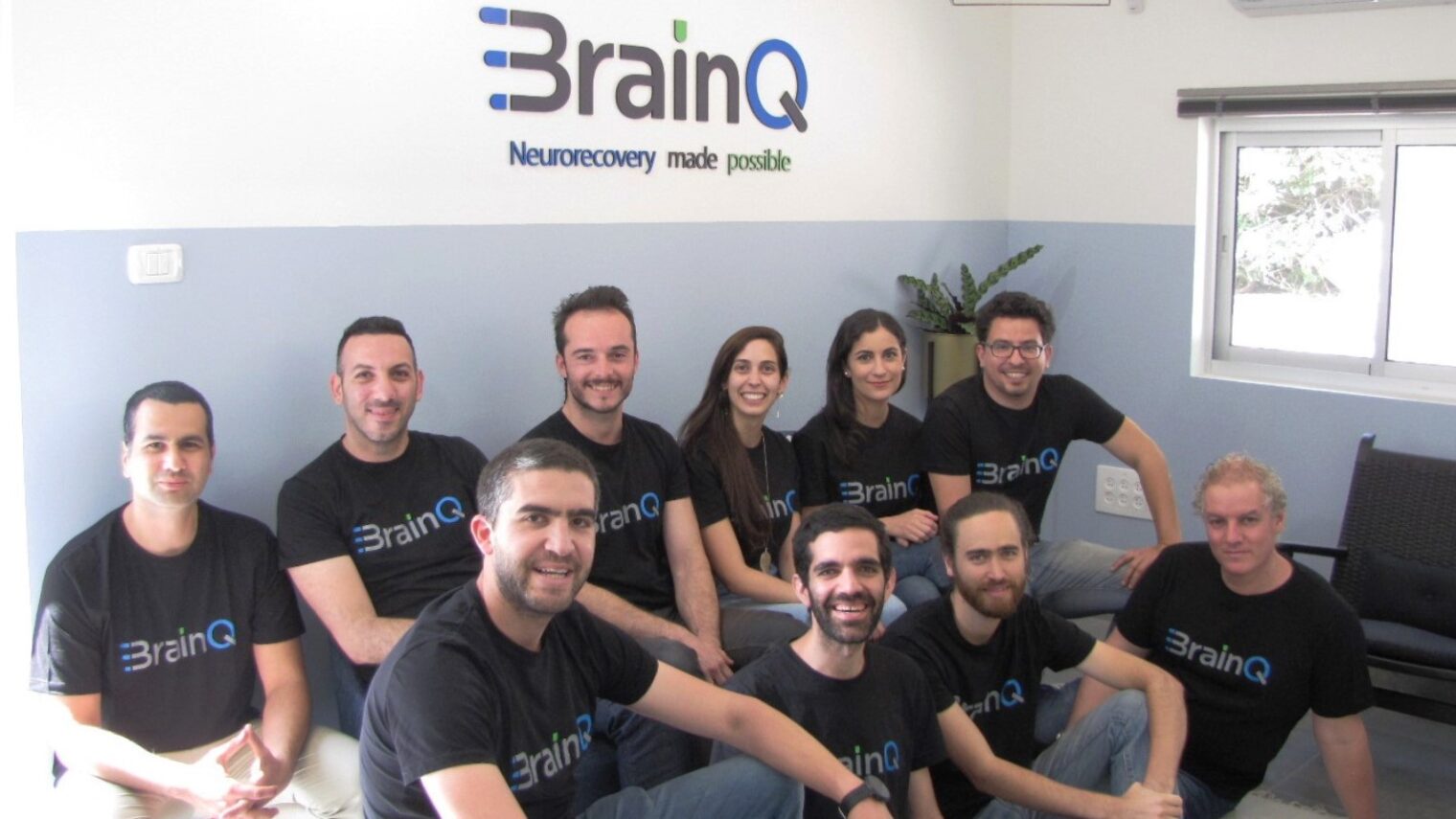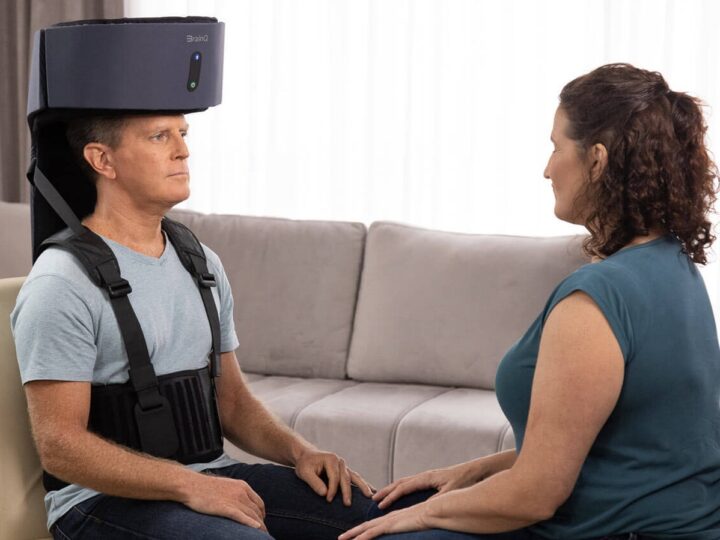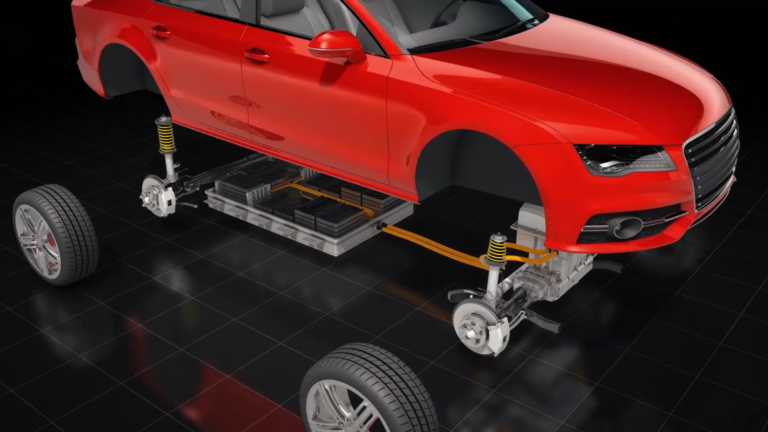When you reach for a glass of water, your hand is doing the action but your brain is directing that action. If you have difficulty grasping the glass after a stroke or spinal-cord injury, you can get therapeutic exercises for your hand, but what about your brain?
Non-invasive personalized brain therapy for people with neuromuscular conditions is the goal of Jerusalem-based BrainQ.
BrainQ is currently running clinical trials of its device, which uses proprietary artificial intelligence (AI) algorithms to tailor an electromagnetic brain treatment protocol for each individual patient. The treatment is based on interpretation of high-resolution spectral patterns in the patient’s EEG while engaged in functional movements.
“The rationale is modeling physical therapy and applying it directly to the brain,” BrainQ CEO Yotam Drechsler tells ISRAEL21c.
“Physical therapy for muscular-neural recovery is limited. We wanted to learn what happens in the brain while a patient is doing physical therapy movements. We look at abnormalities in that patient’s EEG compared to the patterns of people without injury, and translate them into a personalized electromagnetic treatment.”
This feat is made possible by the company’s “secret sauce” – a brain computer interface (BCI) database of tens of thousands of EEG files of people with and without impairment performing motor tasks.
“What we have achieved is unique and robust and stems from our brain computer Interface data, which is not a trivial thing,” says Drechsler. “We collected the data ourselves from labs around the world.”
The unit is designed initially for medical and rehab centers, though future models are planned for home use.
Accepted to Google Launchpad Studio

The BrainQ device was designed with the input of several industrial designers. Israeli-American behavioral economics expert Prof. Dan Ariely worked with BrainQ while it was in the six-month Google Launchpad Studio mentorship program in San Francisco this year.
Only four applicants were accepted to the program for promising health-related AI startups, and BrainQ is the only Israeli one in the most recent cohort.
“We are in clinical trials in Israel and expanding trials abroad,” says Drechsler. “We’re open for collaborations in the US or Europe.”
He presented initial results from the first-in-human spinal cord injury study at the World Congress for Neurorehabilitation in India a few months ago.
Drechsler said the company’s solution is more patient-friendly, portable and inexpensive compared to technologies being developed at other companies with a similar goal, and possibly could be complementary to those solutions.
Founded in early 2016 by Drechsler with Dr. Yaron Segal (CTO) and Prof. Emerita Esther Shohami (CSO), BrainQ has 12 employees.
The company recently raised an additional $5.3 million (for a total of $8.8 million in funding) from investors including Qure Ventures, crowdfunding platform OurCrowd, Norma Investments, IT-Farm and angel investors including Valtech Cardio founder Amir Gross.
The fresh infusion of investment dollars will be used to support further development, clinical trials and growth of the BCI-based EEG database. BrainQ has secured patents in major global markets.
“BrainQ’s novel approach to provide a personalized treatment solution fits perfectly within our investment mandate, as the technology is clearly a disruptive and differentiated solution to a large and growing need in the neurorehabilitation market,” said Qure Ventures General Partner Dr. Yossi Bahagon.
“We are on the verge of a new era for precision medicine-based therapeutics,” says Drechsler, noting that neuromuscular injuries affect tens of millions of people each year. “I think this is the future of a lot of challenges that are unmet today.”
For more information, click here.
















